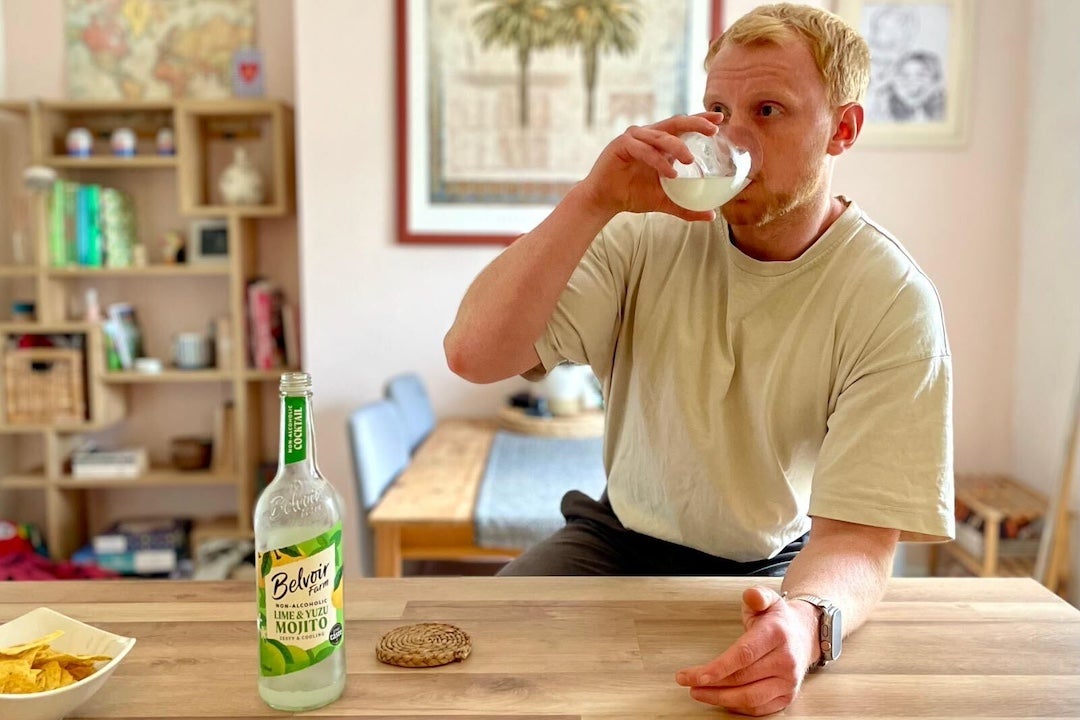I tried ‘intermittent sobriety’. Here’s what I learned jumping on and off the wagon | Arwa Mahdawi
Share:
While this is by no means health advice, these are a few things I’ve found helpful in case you’re also feeling sober curious. ’Tis the season to drink far too much and then vow that, next year, you’ll never drink again. Or at least, it used to be that season. These days, young people simply aren’t that interested in boozing. Gen Z drinks about 20% less alcohol per capita than millennials like me did at their age, according to a report from Berenberg Research.
![[Arwa Mahdawi]](https://i.guim.co.uk/img/uploads/2017/10/06/Arwa_Mahdawi,_L.png?width=180&dpr=1&s=none&crop=none)
While my generation grew up with it being completely normal – even encouraged – to drink irresponsibly, gen Z seems to be disarmingly sensible. They’ve managed to make sobriety trendy and have rebranded responsible drinking as being “sober curious”. Now a new trend has apparently taken off: “intermittent sobriety” – which, as far as I can tell, basically just means taking time off now and again from drinking.
I didn’t realize when I started intermittent sobriety that it had a catchy name, but I spent 2024 practicing it. I did dry January, like a lot of other people, and carried on from there, regularly abstaining for a few weeks or a month or so at a time. Some people do this naturally, of course. They don’t need to give it a label like “intermittent sobriety” because they don’t have a dysfunctional relationship with alcohol. If you’re that sort of person then, congratulations, this column is not for you!.
Of course, the thing with alcohol is that it’s an inherently addictive substance. Some people may be more genetically predisposed to developing a dependency than others, but, given the right circumstances, anyone can develop an unhealthy relationship with booze. And you don’t need to be knocking back vodka at 7am to have an issue – you might just be using booze as a crutch or drinking more than you’d like.






















